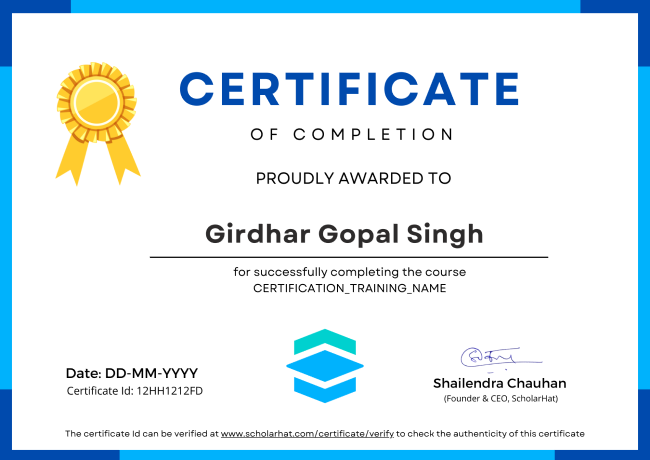Real World Project: ePizzaHub
Nowadays, an increasing number of people are choosing to order food online rather than cook at home. If you're thinking of starting a food delivery business, there are a few things you'll need to do to be successful. First, you'll need to choose the type of food you want to deliver.
Build a website like Domino’s, Pizza Hut or McDonald's that enables customers to have a simple, seamless, and effective online food ordering and delivery experience!
Project Scope
Public Section
- Home Page
- About Us Page
- Contact Us Page
Account
- Login Page
- SignUp Page
- Forgot Password Page
- SignOut Page
Items
- Item Listing Page
- Add AddToCart Option
Cart and Payment
- Cart Page
- Checkout Page
- Payment Page with payment gateway integration
- Payment Confirmation Page
User Module
- Dashboard Page
- Order Listing Page
- Order Details Page
- Profile Page
- Change Password Page
Admin Module
- Dashboard Page
- Movie Listing, Create and Edit Pages
- Movie Banner Page
- Subscription Page
- User Listing Page
- Profile Page
- Change Password Page
Technologies to be Used
- C# 11
- NET Core 7
- EF Core 7
- SQL Server
- Bootstrap 5
- jQuery
Architecture and Practices to be Used
- Clean Architecture
- Repository Pattern, Dependency Injection
- Authentication and Authorization
- Build Mobile Friendly UI
- Bundling and Minification
- Cache
- Errors Logging
- Deploy Code to IIS
Intended Audience
- .NET Beginners
- .NET Developers
- .NET Tech Leads
- .NET Solution Architects
Outcome of the Project
Create what was only once thought impossible. Project development allows you to bring your learning into reality to solve real-world problems. It will give you an invaluable edge in a competitive job market, allowing you to confidently showcase your real-world problem-solving abilities to potential employers to get hired.



























